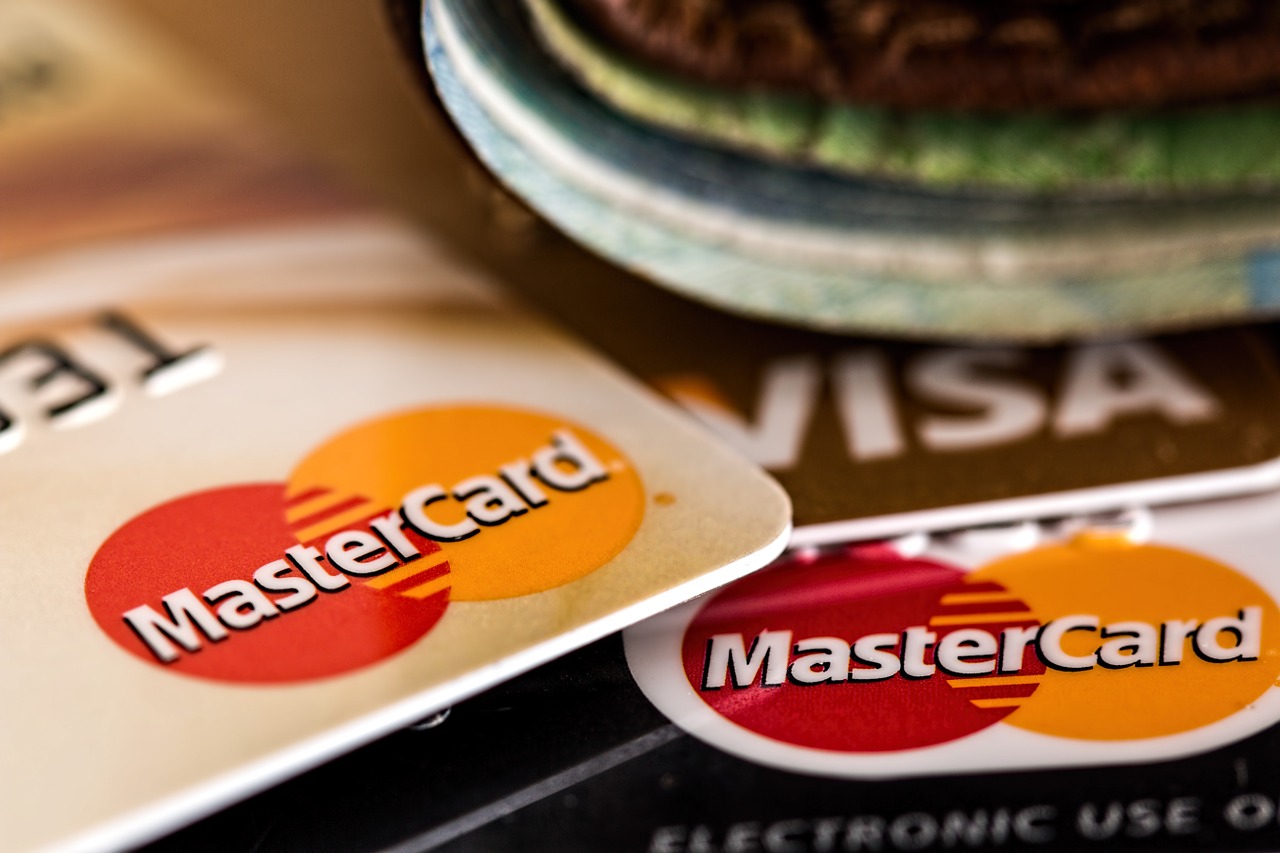When the creditors think the credit amount is no more an asset, a charge-off situation arises even if the debt is not paid off. This enables the credit company to treat the amount as business loss, making it eligible for a tax deduction. Usually, after multiple attempts to collect the debt spanning months, the company treats it as a charge off; it could happen to the credit card or other form of debt. A charge-off drastically affects your credit score, making it unviable for further credit. A charge off remains in the credit report for seven years; after the stipulated time, the charge off is eliminated from a credit report. With time, the effect mitigates, but it adversely affects procuring a loan mortgage from lenders.

Notice and charge off
A credit card debt requires you to pay a certain amount at a specific due date. But due to unpredicted reasons, you could miss the installment, but within twenty-nine days after the due date, you can pay the EMI, with or without a late fee. If a customer misses the due date again, a notice is served on the credit score if the payment is thirty days late. A new notice is served in the credit report for every thirty days of nonpayment of dues. But for the consequent six months lack of dues payments, the debt will be charged off. This could occur in case of payments below the minimum due amount; you need to pay the total amount to avert the charge off.
Negative impact
A charge-off severely impacts your credit report; the impact depends on the nature and credit score points before the charge-off. A plunge of sixty to one hundred fifty points could occur on a single charge off; the impact is massive if the credit score lies between three hundred to eight hundred fifty points. Log on here to know more about the impact of charge off on the credit score.
Most customers assume charge off is a write-off; they need no longer pay the debt, which is not the case. The creditor charges off the debt for accounting purposes but still holds the legal right to file a case for debt collection.
There are four steps to remove the charge from the credit score.
Debt validation letter
This letter asks the creditor to verify the debt providing all the necessary information. If the creditor cannot verify your debt, the charge off will be removed from the credit score. The validation letter must be dispatched within thirty days of first contact.
Appoint a Professional
You can hire a lawyer or professional who can peruse to remove the charge from the credit report on your behalf. The Fair Credit Reporting Act gives the right to people to fight charges off regarding any enormous entry in a credit report.
Advanced Dispute Letter
You can write an advanced dispute letter if you find any incorrect entry on your credit report. In the credit report, all basic information is provided, such as name, mode of payment, loan number; if there is any incorrect entry, you can write the letter.
Negotiate
The credit report is correct to negotiate with creditors to remove the charge off from the credit report for an amount. If you negotiate “pay for delete,” the charge is removed as you pay the mutually agreed amount.



 Bitcoin
Bitcoin  Ethereum
Ethereum  Tether
Tether  XRP
XRP  Solana
Solana  USDC
USDC  TRON
TRON  Cardano
Cardano  Lido Staked Ether
Lido Staked Ether  Avalanche
Avalanche  Toncoin
Toncoin